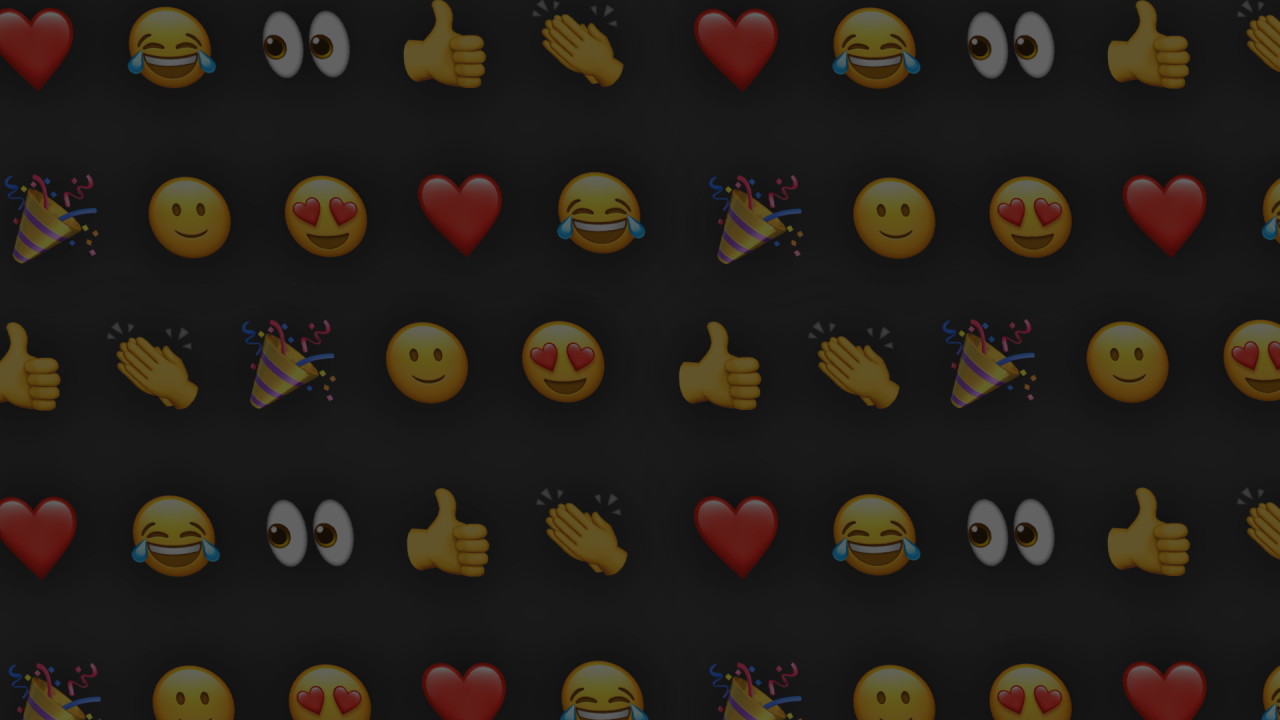Inappropriate Messaging can lead to employment disciplinary action
Once a message is released into the digital world, it cannot be retracted or undone. Consider carefully before sending a message and reflect on how it might be perceived.
Messaging apps such as MS Teams, Slack, and Facebook Messenger have become integral within the employment environment, but sometimes employees forget that despite the causality of these messaging apps, they are workplace communications that can hurt, and damage credibility, hostility, reputations, relationships and careers.
Emojis and Gifs have their dictionary and can be wrongly interpreted. For example, a simple thumbs-up emoji can be interpreted as an agreement or can simply be an acknowledgement of the message. In a recent example, a Canadian Court determined that a thumb-up emoji in response to receiving an electronic contract constituted acceptance of that contract.
The Employment Relations Authority has recently considered the effect of a silly face emoji at the end of an email from an employee advising that he is not resigning. The employer at the time interpreted the emoji to mean that he had been ‘played,’ and that he had agreed to a resignation. The Authority determined that this interpretation was plausible and reasonable.
Remember, the context of an Emoji or GIF matters
Sending unwanted, persistent, or sexually inappropriate messages to colleagues is a form of harassment. For example, it is usual for friends to send each other ‘x’s as a way of concluding a message; however, in the employment context with professional relationships, ending a message with x’s can be viewed as a form of sexual harassment or sexual innuendo.
It is a common misconception that your workplace messages are personal, but they are not truly private, and your employer has the capability to access and review them, so it is important that when you are using messaging/social media apps, whether it is for internal or external communication, that you are acting in a professional manner.
The workplace also has wide parameters. Messaging work colleagues outside of work hours may also be considered work communication. Sending non-work-related during work hours may be problematic, as is using a work-related system for personal matters.
Recently, messaging apps have become a popular cause for concern among employers as employees tend to use these messaging apps to engage socially with other people in the workplace, which can lead to serious issues and consequences for both employees and employers.
Engaging in inappropriate messages could be a form of bullying and/or harassment and has the potential to bring an employer into disrepute if the messages became public.
Messaging apps are a platform for banter and gossip, and what employees tend to be unaware of is that these messages can be subject to privacy and information searches. Gossiping about co-workers on messaging apps is not wise, as are negative comments.
Emojis in workplace chats can backfire
BuckettLaw recently dealt with a case where a messaging app was being used as a social tool amongst workmates, involving inappropriate messages to ridicule and denigrate a work colleague. In that case, the employees in a group chat were sending inappropriate messages, and the employer sought to investigate/discipline the employees who had reacted with the use of emojis to the inappropriate messages. The employer considered that reacting with a laughing face emoji demonstrated that the employee had agreed and engaged with the inappropriate message despite the employee not being the one to send the message.
These messages became known to the employer, who initiated disciplinary processes for all those involved.
Although some group members were inadvertent participants, by maintaining engagement, they were also subject to disciplinary action as participants, which encouraged communication.
Guidelines for workplace chats
Sharing private information via messaging is also a no-no, as it may be trespassing on privacy boundaries.
Don't use the messaging app to bombard or harass.
If an employer does raise these issues with you, it is important for an employee to know what information they must divulge and the possible outcomes of a disciplinary process if one is initiated.
If you are asked to a disciplinary meeting to discuss concerns of this nature, it is important to know that employers must conduct a fair investigation and disciplinary process.
Disciplinary meetings of this nature can have serious consequences on an employee’s employment and reputation, so it is important to be mindful of how we interact with colleagues in the workplace. If you do find yourself in a disciplinary situation, BuckettLaw is able to assist in helping to minimise the impact on your employment.
Although messaging apps can result in disciplinary if used inappropriately, they can also be a helpful and easy way to communicate with other employees and/or clients.
Buckett Law recommends that when using these message apps, employees:
Limit the use of messaging apps to work hours and work-related matters.
Limit the use of emojis and/or GIFs, which can easily be misinterpreted.
Use professional language.
Avoid negative language.
Understand diversity and differing perspectives.
Put yourself in the shoes of those who may receive or see the communication.
Ensure that they have read and comply with the employer’s policies and procedures.
Remain respectful and professional in all communications. Save the temptation to “vent” for truly private conversations.



